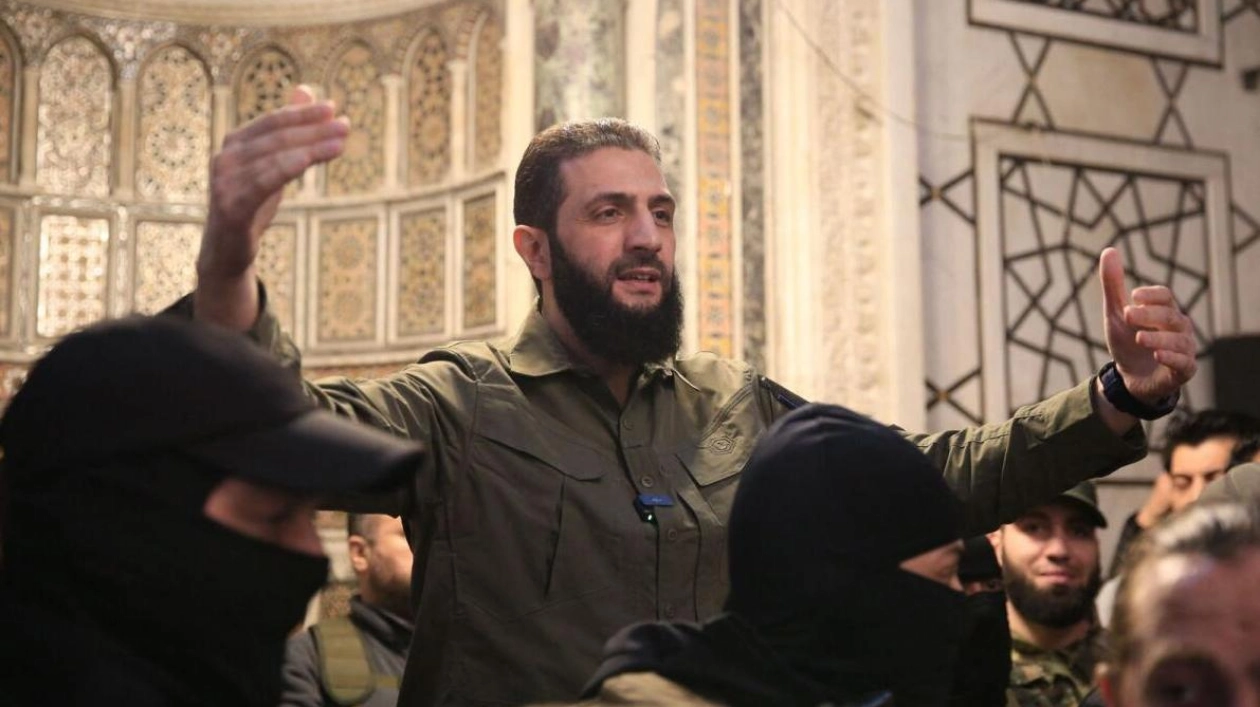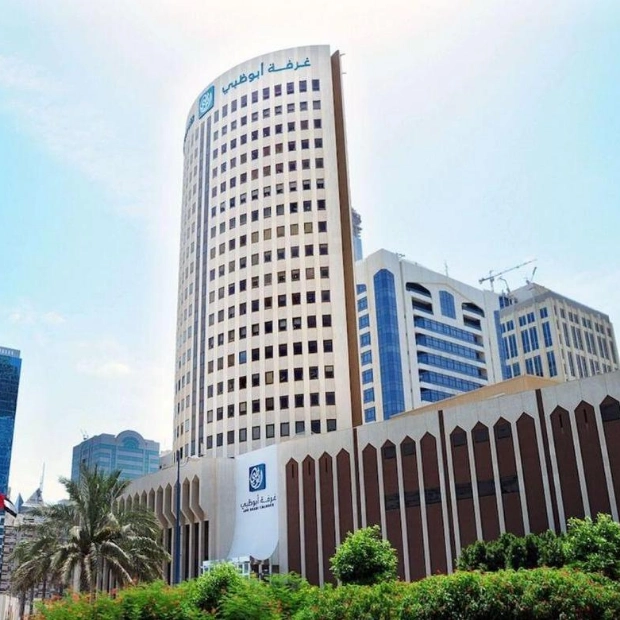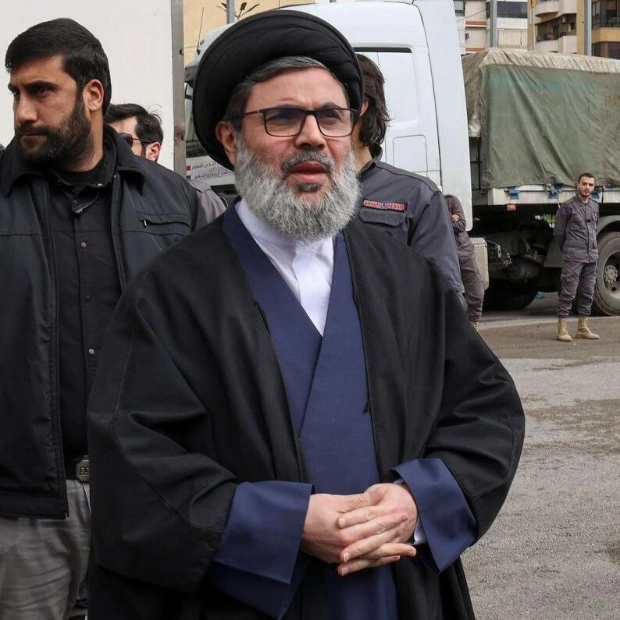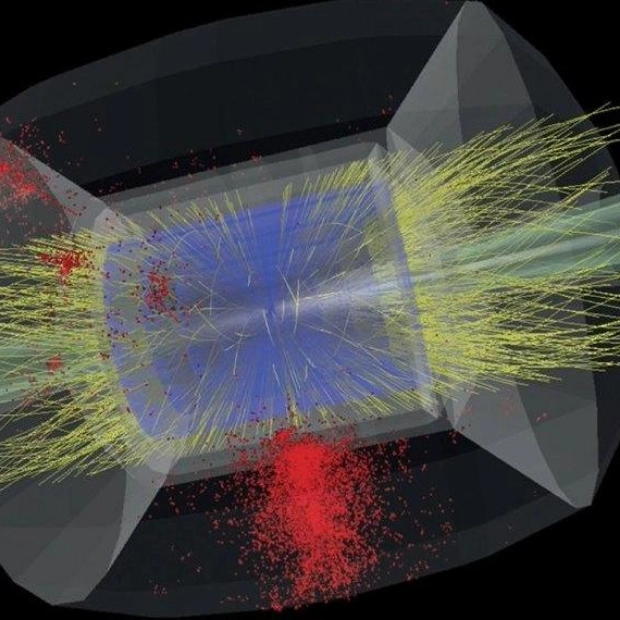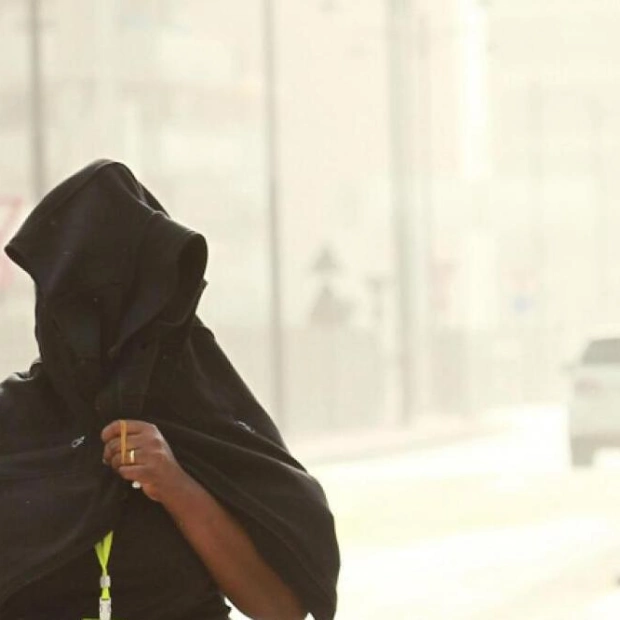The leader of Syria's Islamist group Hayat Tahrir Al Sham (HTS), Abu Mohammed Al Jolani, addressed a crowd at the Umayyad Mosque in the capital on December 8, 2024. — AFP file
The top commander of the fighters who overthrew Bashar Al Assad announced on Wednesday that he would dismantle the former regime's security forces, shut down its prisons, and pursue those responsible for the torture or killing of detainees. Syrian rebel leader Ahmad Al Sharaa, widely known as Abu Mohammed Al Jolani, stated in a Reuters interview that he plans to "dissolve the security forces of the previous regime and close the infamous prisons."
Syria operated one of the most repressive police states in the Middle East under the Assad family's rule for five decades. Al Sharaa, whose former Al Qaeda-linked group HTS is now the dominant force in the country, must navigate demands for justice from victims while preventing violent reprisals and securing international aid. Syrians have flocked to the notorious prisons, where the Assad regime is believed to have held tens of thousands of detainees, searching desperately for their missing loved ones. Some have been released alive, others identified among the dead, and thousands remain unaccounted for.
In a separate statement on the Syrian state TV's Telegram channel, Al Sharaa vowed to hunt down individuals involved in the torture or killing of detainees, ruling out any pardons. "We will pursue them in Syria, and we ask countries to extradite those who fled so we can achieve justice," he said. The international community is closely monitoring whether Syria's new rulers can stabilize the country and avoid triggering violent revenge after a 13-year civil war marked by sectarian and ethnic divisions.
Since Assad's fall, 27-year-old Hayat Al Turki has been searching the abandoned cells of Syria's notorious Sednaya prison complex for any trace of her missing relatives, including her brother who disappeared 14 years ago. "I was hopeful and optimistic to find someone from my missing family — a brother, an uncle, or a cousin — but I did not... I searched the entire prison," she said.
Mohammad Al Bashir, appointed by Al Sharaa's fighters to lead an interim administration until March, aims to repatriate millions of refugees, foster unity, and restore basic services. However, the new administration faces significant financial challenges, as Al Bashir told Italy's Il Corriere della Sera. "We have no foreign currency, and regarding loans and bonds, we are still gathering data. Financially, we are in a dire situation," he said, noting his previous role in a small rebel-led administration in northwestern Syria.
Rebuilding Syria is a monumental task following the civil war, which killed hundreds of thousands, destroyed cities, and devastated the economy due to international sanctions. Millions of refugees remain in camps after one of the largest displacements in modern history. Foreign officials are cautiously engaging with the former rebels, despite HTS still being designated a terrorist organization by the US, UN, EU, and others.
The new government must "adhere to clear commitments to fully respect minority rights, facilitate humanitarian aid distribution, prevent Syria from being used as a terrorism base, and ensure it poses no threat to its neighbors," US Secretary of State Antony Blinken said. US Deputy National Security Adviser Jon Finer told Reuters that Washington remains cautious. "We have seen numerous militant groups promise inclusive governance over the years, only to fail to deliver," State Department spokesperson Matthew Miller noted.
In addition to terrorism designations, Syria remains under US, European, and other financial sanctions imposed during Assad's rule. Two senior US congressmen, one Republican and one Democrat, have called for Washington to suspend some sanctions. The harshest wartime US sanctions are up for renewal this month, and the former rebels have been in contact with US officials about potentially easing them. Spain's Foreign Minister Jose Luis Albares, speaking at the Reuters NEXT conference, expects the UN and EU to discuss lifting sanctions and removing HTS from terrorist lists. "The international community must act quickly to ensure the rebel forces transition into a political movement and respect human rights," he said. "We must move fast because decisions in Damascus will likely be made within a month, and we may lose our current leverage."
As the administration of US President Joe Biden enters its final weeks, Blinken and National Security Adviser Jake Sullivan are traveling to the Middle East to work on a Gaza ceasefire and support a smooth transition in Syria. Their itineraries include stops in Jordan, Turkey, Israel, Qatar, and Egypt. For refugees, the prospect of returning home brings a mix of joy and sorrow over the hardships endured in exile. Syrians lined up at the Turkish border on Wednesday to return home, hopeful for a better future after a decade of hardship in Turkey. "We have no one here. We are going back to Latakia, where we have family," said Mustafa as he prepared to cross the Cilvegozu border gate with his wife and three sons. Dozens more Syrians waited to follow.
Source link: https://www.khaleejtimes.com
